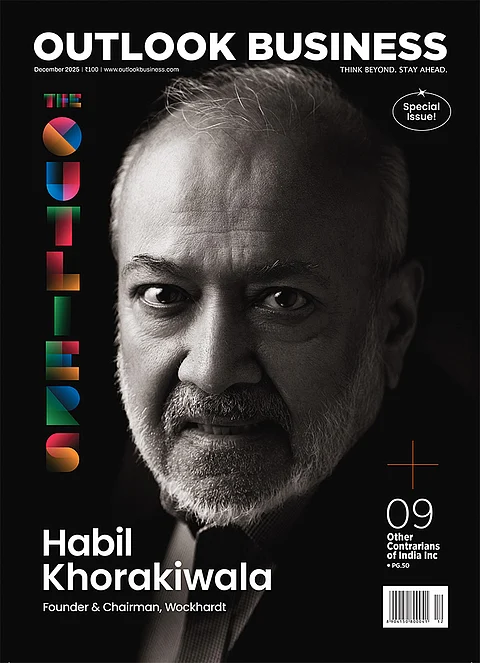While her company helps people and businesses gain access to oil and gas through the pipes it creates, for Sminu Jindal, MD, Jindal Saw, access has a completely different meaning. Left wheelchair bound ever since an accident at the age of 11, for 41-year-old Jindal, access means having to navigate offices, homes, bus stops, railway stations, hospitals and schools with limited mobility. She recounts an ordeal during a journey from Delhi to Allahabad by train. “I was wheeled through railway tracks to reach the other platform. Once inside the train, we realised that there was no space for the wheelchair to turn. I had to be lifted and placed on my seat,” she recalls. Add to this the frequent, insensitive enquiries by airline or hospital staff — “Aap kya zara sa bhi nahi uth sakte? (Can you not move even a little bit?)” — as they try to help her to her seat.
After years of dealing with such issues, Jindal decided to take control of the situation by launching Svayam in 2001 with the support of the Jindal Group in order to create awareness about accessibility issues. Once she realised that mere dissemination of information was not enough, though, Svayam started getting actively involved in grassroots work. “India has perhaps the best policies and disabled-friendly infrastructure, but all on paper,” Jindal says. So, she decided to work with the government and in 2007 appealed to the ministry of tourism to release annual funds to state governments and agencies only if they ensure that historical and tourist sites are fully accessible. “The proposal was accepted and Delhi’s Qutub Minar is our biggest success story,” she beams.
Thereafter, Jindal worked with the Archaeological Survey of India to make World Heritage Sites in Delhi, Agra and Goa barrier-free. “In the world of tourism, we need to project India as ‘Incredible, Accessible India’,” she says. Besides helping introduce a query relating to differently abled persons in the Census, Svayam functions as a one-stop shop for anything to do with accessibility, having been invited by government agencies, such as the NDMC and the ministry of education, government of Delhi, to make public conveniences and schools accessible and barrier-free.
Jindal feels that much can be done with respect to attitudinal changes and sensitisation, when it comes to accessibility issues. “The government wants to take steps towards increasing access but nobody sensitises civil engineers or contractors about such things. They sometimes don’t even know why ramps are installed. And most schools don’t even accept handicapped children.”
Thankfully, there is no lack of success stories for her to feel good about the future of accessibility in the country. With a glint in her eyes, she recounts the day she felt great pride at the work done by Svayam: seeing an old man in a wheelchair getting into one of the state transport buses using a ramp installed with the help of the organisation.
For most people, it is quite hard to balance work with their passions and ensure that they don’t neglect either of these. But, for Jindal, there is no distinction between the two as the issue concerns her deeply and personally. “In terms of involvement and dedication, this is very different from setting up a hospital or launching 10 schools. I am giving others a hope for a better life,” she sums up.











